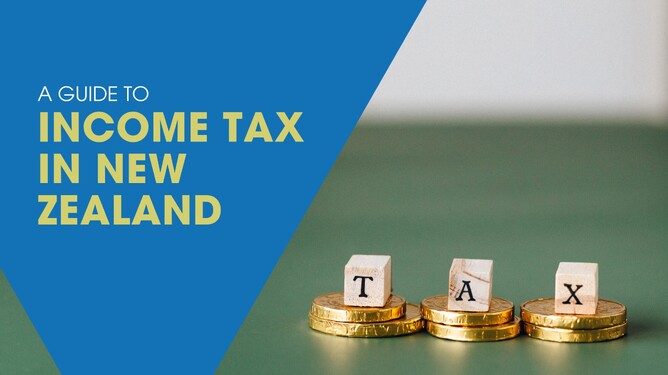Income tax is there to provide various resources for our community, such as health, infrastructure, education, police, and social welfare. Taxes are how the government gathers the revenue they need to pay for these resources.
Everyone in New Zealand is required to pay income tax, but not everyone needs to file a tax return. For example, if your tax is deducted from your employment income (which is called Pay As You Earn/PAYE) then you do not need to file a tax return.
However, if you’re a business, self-employed, a domestic trust, own rental properties, or receive income from overseas or from investments, then you’re required to file an income tax return at the end of the financial year.
When are tax returns due?
If you run a business, you need to file your income tax returns by 7 July each year for the financial year that ends on 31 March. That’s unless you have a substituted accounting period. The New Zealand Financial Year is from 1 April to 31 March.
If you use a registered tax agent (a bookkeeper or accountant) you generally have 12 months to file your tax return. Bookkeepers and accountants can be granted an extension of time by The Commissioner. This allows us to spread the workload throughout the year, and is why March is such a busy time for bookkeepers and accountants. We have until 31 March of the following year to file your tax returns.
Provisional tax is a method of paying income tax throughout the year, rather than in one lump sum at the end of the financial year. This system helps taxpayers manage their cash flow by spreading their tax payments out. In New Zealand, you are required to pay provisional tax if you had residual income tax (RIT) of more than $5,000 in the previous financial year.
The provisional tax due dates are:
August 28
January 15
May 7
However, the exact dates vary depending on your balance date and chosen method of calculation. If you’re GST registered and file a six-monthly GST return, you will only pay provisional tax on October 28 and May 7.
If you underpay provisional tax, you may incur use-of-money interest (UOMI) and penalties. Therefore, accurate forecasting and timely payments are crucial. Overpayment, while generally not penalised, ties up cash that could be better utilised in your business.
Read more: Key dates for your business calendar
What do businesses need to do to file a tax return?
To prepare for your tax return you will need to make sure your financial records are in an easy-to-find place. You’ll need to complete your payroll obligations and ensure all employee data is up to date.
For NZ business owners, keeping financial records is required for compliance. Good financial records help you make informed business decisions. It’s good practice to keep a record of:
Bank Accounts
Credit Cards
Loans, financial agreements and debts
Sales and purchase invoices
Cash
Stock
Business vehicles
Payroll
Business expenses
When you file your tax return you need to declare all your income and expenses to IRD. If you’re a sole trader you’ll file an IR3, and if you’re a company you’ll file an IR7 and an IR4. The amount of tax you pay in New Zealand increases as your profit increases. The current New Zealand tax brackets for 2023 – 2024 are:
10.5% for profit $0 - $15,600
17.5% for profit $15,601 - $53,500
30% for profit $53,501 - $78,100
33% for profit $78, 101 - $180,00
39% for profit $180,000+
Common mistakes businesses make when filing tax returns
A few simple errors can result in paying more tax than you need to. The top 5 mistakes businesses make at tax time include:
#1. Not setting aside enough money for tax
Up to 80 - 90% of businesses fail in the first year because of poor cash flow management, so you should start saving for taxes the day you receive an income. Plan ahead and set aside a portion of your income regularly for taxes into a separate savings account. This way you can avoid the significant tax burden at the end of the financial year, preventing the need to use your savings or, worse, face penalties.
#2. Don’t forget about ACC
In New Zealand, everyone who owns a business has to pay ACC levies. These levies cover the cost of injuries if they happen at work, at home, or when you’re out and about. As a business owner, you’re responsible for paying your ACC levies. You’ll need to set aside roughly 2 – 4% of your income. The exact amount you owe will depend on your type of work because certain work equates to higher risk.
#3. Poor record keeping
One of the most common mistakes made by businesses is not keeping sufficient records. The Inland Revenue requires you to keep records of your income and expenses, GST, PAYE and accounts for 7 years. If you’re audited, IRD will ask to check these records. By not keeping proper records, you could miss out on valuable tax deductions, plus you might face penalties for underpaying your taxes.
#4. Don’t forget about GST
You don’t need to rush to register for GST, but as soon as your business is going to exceed $60K in a financial year, you need to register. The process to register is simple, and I can help.
#5. Not claiming all deductions
Your tax bill is based on your net profit. You can lower your tax bill by claiming valid business expenses, which requires maintaining accurate records.
At tax time, your taxable profit is your income minus the deductible expenses — the more you claim, the less tax you’ll pay. Many business-related costs are deductible; if you work from home, you may also be able to claim some household expenses. The problem arises when a business owner doesn’t know what they’re entitled to claim.
If you’re feeling stressed about tax time, consider getting in touch. I can save you time, frustration and potentially money.


